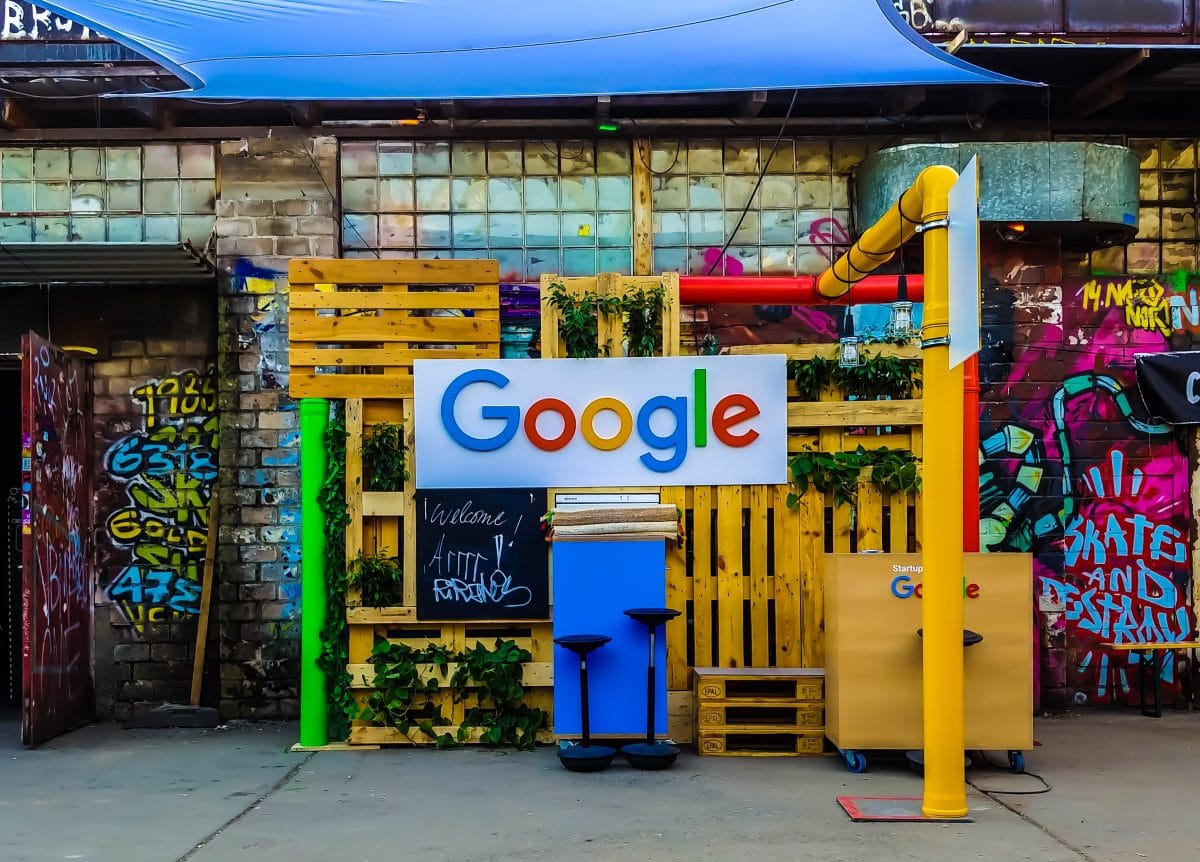SEO is a term that gets bandied around a lot in marketing, business and startup circles. But what is SEO?
I’m glad you asked…
SEO is an acronym for Search Engine Optimisation.
Search Engine Optimisation is what it says on the tin. It is the practice (or art) of optimising your website for search engines.
The most popular search engine at the time of writing is Google. Others in the Australian market include Bing, Yahoo and DuckDuckGo.
What you’re looking for with your SEO is organic traffic. Organic traffic is free traffic. It’s real. You haven’t paid for it, or got it in some other way, such as sponsorship or advertising.
This free traffic can come from when someone finds you via a Google search, or from a post you put on social media. It could be from someone else linking to your article or one of your videos being viewed on YouTube, or almost anything else. So long as it is not paid for.
For your SEO efforts to be fruitful, you need to do a few things:
- Give good information.
- Make sure other people know about your good information.
- Make your good information easy to access.
The User Experience of online searches
Like any business, a search engine has the goal of keeping its customers happy.
If you walk into a guitar shop and all you can see are bagpipes, you’re going to find yourself a new guitar shop.

This is the same for search engines: If you were to do a search for “Basketball games this weekend” and you were shown a whole lot of results about trucks, you’re probably going to start using a different search engine, especially if it keeps happening.
So, in just the same way that a guitar shop is going to have guitars in its front window, a search engine wants to put relevant results in front of their users.
Unsurprisingly, a search engine wants to give their customers what they want.
SEO isn’t all about search engines either. You’re going to find that when you really get into the nuts and bolts of SEO, a lot of it comes down to giving your customers a fantastic user experience.
In recent years, some have touted that SEO should really be an acronym for “Search Experience Optimisation.” We’ve got to say, we agree. Some have even changed the acronym to SXO (a hat tip to the UX acronym used for User Experience in the web design world).
Why?
Well, if you speed up your website, that’s great for the users of your website, and also excellent for your (technical) SEO.
By having testimonials and great reviews, it gives your customers greater trust in your brand and is also fantastic for (off-page) SEO.
If your content is well written and to the point, your readers are going to love it that much more. And, yep, it’s also great for your (on-page) SEO.
What is a search engine?
When people search for things on the internet, they use a search engine. Currently, the most popular of those is Google, although Bing, Yahoo, DuckDuckGo and others are still worth mentioning (and optimising for). We’ve published a resource about search engines that’s a pretty good read.
Google currently holds around 95% of the search market in Australia, so most of the techniques and tips we talk about are aimed for a good response from that particular search engine. Many of the strategies work across all search engines, but the simple fact that no one ever says “hang on while I Bing that” means that yes, most businesses will focus on Google.
When somebody searches for a topic, the organic results that are at the top of that listing are there because they have good SEO.
When people search, what are they looking for?
Answers.
They want answers.
The job of a search engine is to provide those answers.
To be the highest result for providing those answers depends on your rankings, which is where we come back to what your content needs to do:
- Give good information (On-Page SEO).
- Make sure other people know about your good information (Off-Page SEO).
- Make your good information easy to access (Technical SEO).
SEO knowledge is becoming increasingly important in many professions as well as becoming a critical skillset for marketers and business owners to have.
If you’re at the beginning of your SEO journey or just keen to learn more, then take a look at our SEO jargon buster and download the first few chapters of SEO for Australian Small Business for free!
Pay what you like for our "SEO for Australian Small Business" eBook
Thanks for reading What is SEO?.
In recognition of the small businesses who have been doing it tough in recent times, you can now pay what you like for our SEO for Australian Small Business eBook.
Minimum price is $5
Check out SEO for Australian Small Business